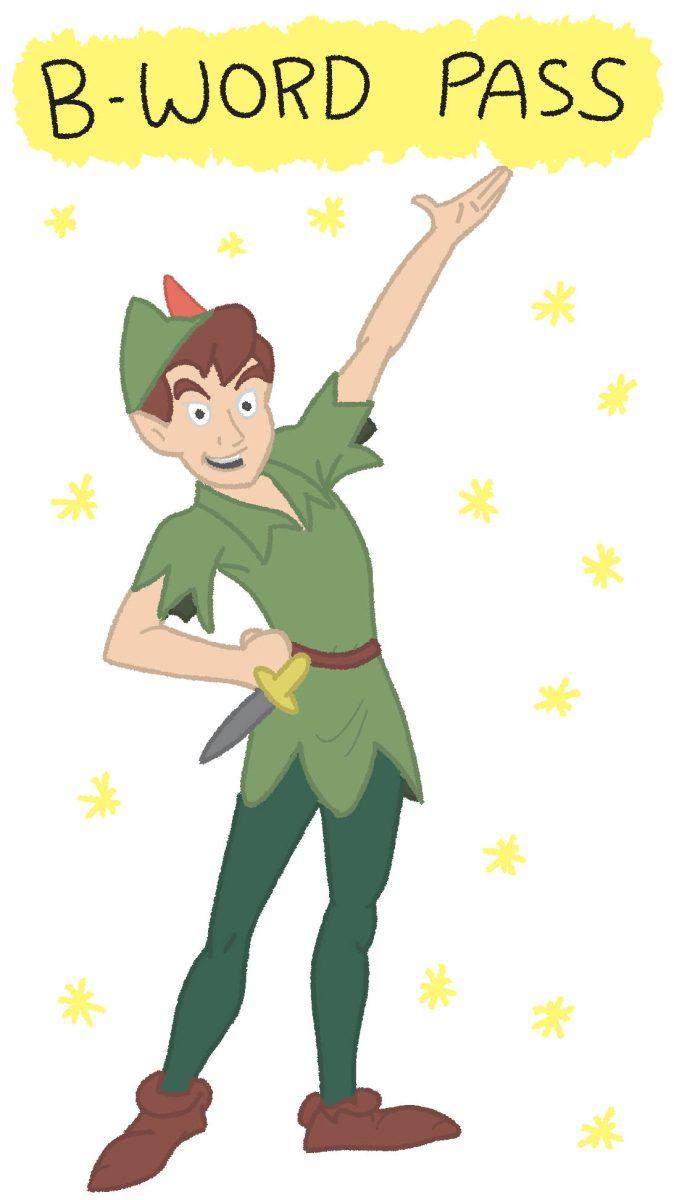
Graphic by Ryan Magee | Mercury Staff
In the face of growing generational gaps between the Baby
Boomers, Generation X, Millennials and Generation Z, the youth have rallied
around a response that has inspired a social movement, creating new channels of
discourse and, inevitably, backlash. The devastatingly effective phrase of
choice? “Ok boomer.”
The phrase originates from an online response to a TikTok
video of a man with a new phrasing for an old stereotype: that younger
generations are too immature to be taken seriously. Donning his battle armor —
a baseball hat and a polo shirt — he declared, “The millennials and Generation
Z have the Peter Pan syndrome, they don’t ever want to grow up.”
Gen Zers shot back — on TikTok, Twitter, and other social
media platforms — with a beautifully simple sentiment, equivalent to a verbal
or virtual eye-roll to the boomer mindset. “Ok boomer” became a widely used
phrase to poke fun of anything from ruining the housing market to a tendency to
take minor inconveniences as extreme personal offenses. It’s become so
mainstream that a song fittingly titled “ok boomer” written by Jonathan
Williams and Peter Kuli and popularized on TikTok has become Gen Z’s unofficial
anthem.
A fire erupted as boomers rushed to accuse “ok boomer” as
being a “generational slur”, “ageist” and even went so far as to compare it to
the n-word. Comedian John Mulaney’s guideline, “If you’re comparing the badness
of two words and you won’t even say one of them, that’s the worse word,” is
certainly applicable here.
Even more ironically, “ok boomer” is just a glib response to
boomers’ attacks on millennials and Gen Zers, with none of the bite. “Ok
boomer” is the socially powerful version of “I know you are, but what am I?” to
boomers calling members of younger generations “snowflakes” — even “millennial”
was used in a derogatory way almost immediately after the nickname came into
existence. There has been no shortage of boomers labeling millennials as
financially illiterate industry murderers or Gen Zers as too young to
understand the world. The punchline is that those generalizations were laughed
off by their younger targets, but boomers blew up when the most shallow
reflection of that rhetoric was detected.
What “ok boomer” doesn’t get enough credit for is that it
did more than just respond to one man’s rant. The phrase has created a new
avenue of social discourse that is accessible on an unprecedented level, and
has led to even more intergenerational solidarity between millennials and Gen
Zers. Before “ok boomer,” there was no widely accepted comeback to the boomer
mindset. Past responses to boomers’ downward generational jabs were either
humorous, or educated and formal. The former made the comebacks easier to
connect with but was brushed away as just another sign of immaturity, whereas
the latter took some effort to engage with and would likely be dismissed as
naivete.
“Ok boomer” is the current intersection of the two: it’s a
funny and purposeful statement that combines both Gen Z’s characteristically
flippant attitude towards anything derivable, and its zeal for finding
solutions to boomer-inherited problems. It’s more than just bitterness towards
unfortunate inheritances — it’s a generational symbol. The phrase has received
criticism for acting as a swift rejection of engagement and dooming the
possibility of some universe without intergenerational differences. However,
the sparking of such outrage among those who represent the boomer mindset
proves that the phrase is relevant. It’s the first of many messages that the
younger generations demand a legitimate change.
Gen Z’s generationally-defining war isn’t going to be fought
in trenches or with militaries: it’s already here in the form of climate
change, economic crises and outdated institutions. It’s this war that “ok
boomer” is a rallying cry for, not the “generational war” that boomers are
trying to will into existence. Gen Z is too young to remember an America before
9/11 and was born into problems that the older generations created — yet, it
has the audacity to demand change and equality. That sheer dedication to
ideology in the face of a dismissive boomer generation and disadvantages out of
our control is the true power behind “ok boomer.”